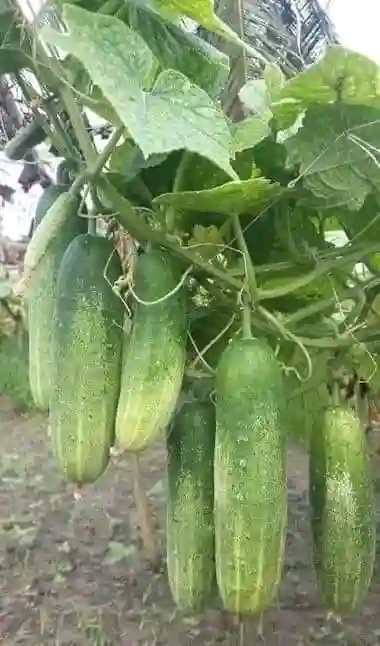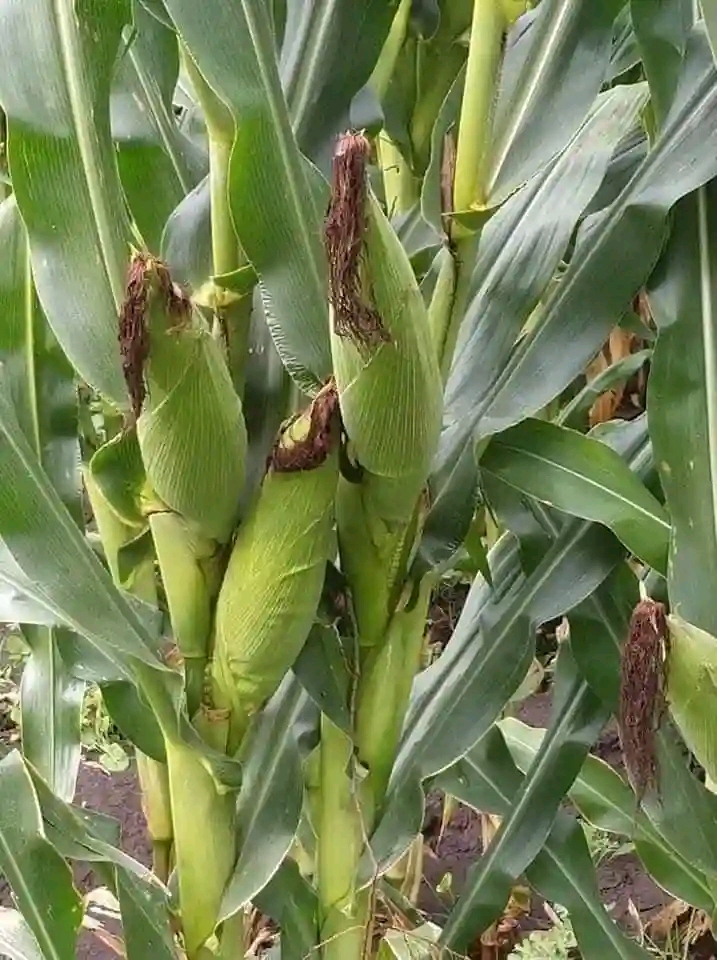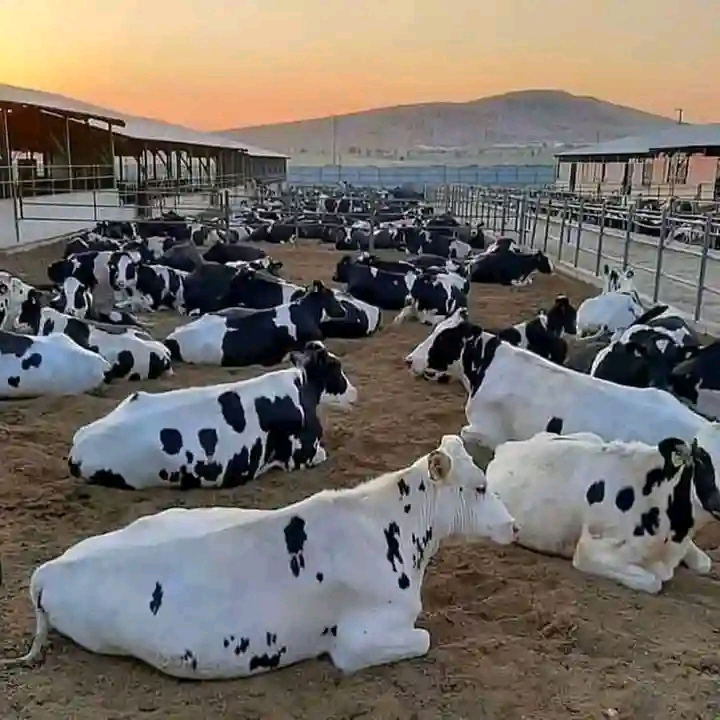Farming can be adapted to the scale and pace that suits a retiree’s lifestyle. Small-scale farming, such as cultivating a vegetable or herb garden, can offer consistent yet gentle exercise and an ongoing sense of accomplishment. A retired person could grow seasonal vegetables, fruits, or even specialty crops like mushrooms, which don’t require heavy machinery or vast land but can yield a respectable income. They could also consider organic farming, which has a niche market and can be done on smaller plots. This type of farming doesn’t rely on chemicals, and the methods can often be gentler on both the land and the body.

For someone with a bit more space and interest, beekeeping could be an ideal option. Bees don’t require daily care but need consistent monitoring, which can keep a retiree mentally engaged without too much physical strain. Additionally, honey and beeswax are profitable products with a steady demand. A small-scale honey business can offer a moderate income while providing the satisfaction of being involved in a sustainable practice.

Poultry Jobs for Retirees
A poultry job, such as raising chickens, can also be manageable and financially rewarding. Starting with a small flock of chickens can provide daily eggs for both personal consumption and potential sale. Chickens don’t require intensive care, just consistent feeding, and secure housing, which can be simplified with automated feeders and waterers. For retirees interested in a slightly larger operation, selling chickens as broilers or layers offers another revenue stream.

Moreover, chickens can contribute to a sustainable farming ecosystem, as they eat kitchen scraps and help fertilize the land. For retirees with limited mobility or physical constraints, quail farming can be a great alternative. Quail are smaller, easier to manage, and can produce eggs and meat that are high in demand.